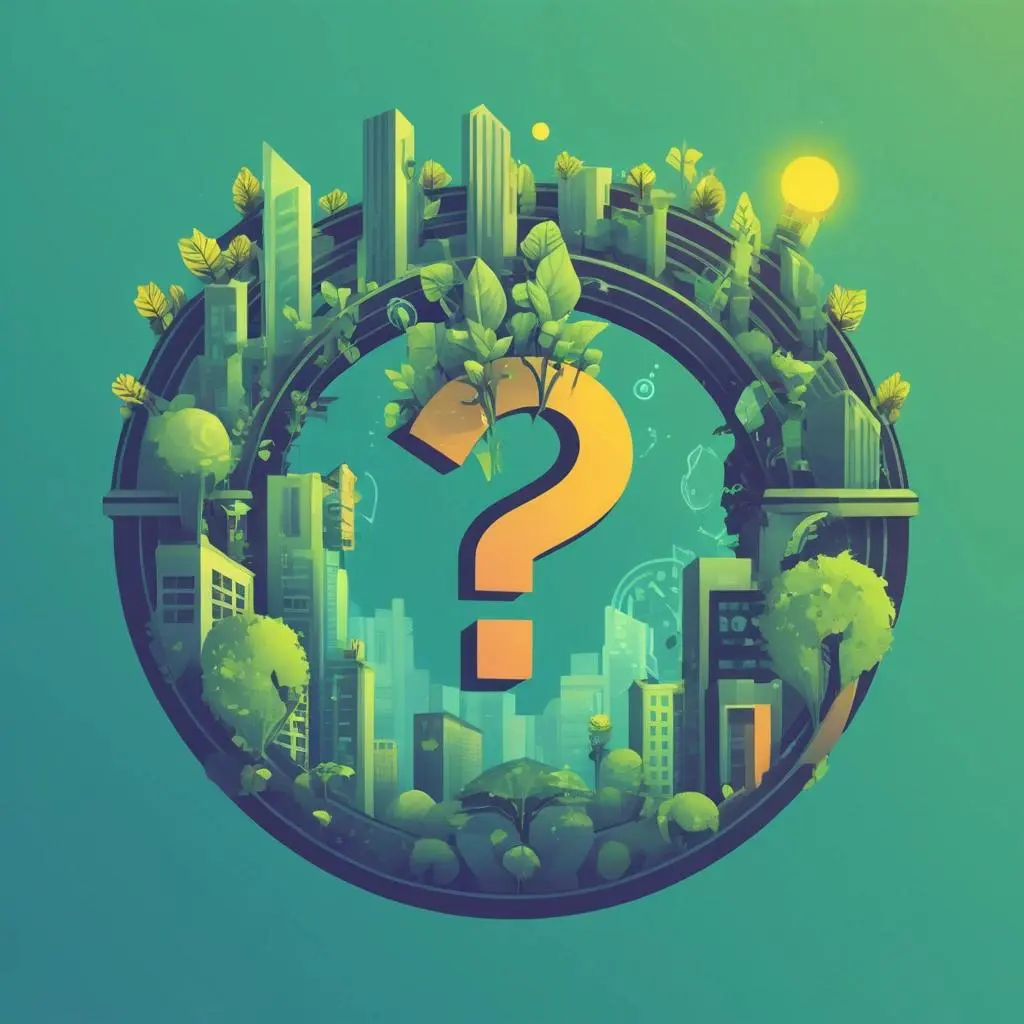

XM4 has button cell battery with leaf spring, so it should be easy to replace if you can get in and out without damaging it.


XM4 has button cell battery with leaf spring, so it should be easy to replace if you can get in and out without damaging it.

The world without complexity was only able to feed around 2 billion humans
Bold claim. Why do you think complexity itself can improve efficiency? I can easily tank efficiency by adding complexity. Complexity also necessarily destroys resilience. Every time we’ve tried adding complexity, all of those societies disappear, from ancient Egypt to Rome to the Incans.

Often it’s a bit difficult to make an abstract point out of examples. You seem to be countering those examples with today’s zeitgeist, the exact thing the article is looking to counter.
The person decided this was the normal they wanted and where they chose to live.
This would be true if all else were equal, but it isn’t. Society built roads. It had to tear down housing to build the roads. The house prices went up because corporations bought up the housing stock and are using it to manipulate rents. None of that was the “choice” of the farmer. One cannot just opt out. “oh no thanks. I’ll just take efficient public transport and we can just rip up the road network. Just give me one of the houses we build through more dense development.”
Things are going to increase in complexity unless civilization collapses
Why? Many folks today are talking about making society resilient over efficient, with respect to COVID and supply chains. This is a direct ask for reducing complexity. The 15 minute city is an ask to reduce complexity. Complex societies fail.
Ultimately, the issue is cultural.
The issue is hegemony. Every company claiming to benefit you are building a fiefdom and you are the bricks. You can work around it but you have to beat the products and services you buy into submission. This is true of phones, computers, cars, TVs, subscriptions, AI, and increasingly how it asks more and more of us. People say “the things we own end up owning us” but no one says that about a fridge, or a washing machine.


Values are not a disability.


Because that’s not how human nature works
Solarpunk is optimistic. You’re probably looking for Green Growth or Cyberpunk.
Trust starts to weaken with scale
You don’t need to use an altcoin, you can use the real legal tender of many countries you “don’t trust” to buy stuff. Buy Argentine currency and use it to trade. You need to trust something at some point, and what you’re (maybe unknowingly) doing is trusting authoritarian institutions. Code cannot substitute for that.
Your argument seems to be “Authoritarianism is a reasonable thing to sacrifice in order to enable trustless purchases” in the same breath as “But also I don’t even trust the authorities”, assuming you’re arguing for an altcoin.


like money and trust are opposed
OK let’s say you owe me a dollar and I just remember that. How is an altcoin superior to you trusting me?
trust in people doesn’t scale at all
So you do think it’s a real dichotomy?
but if we use paypal and ebay i can kinda trust those 2 platforms
If they are paying paypal, you are leveraging paypal to create a threat of violence on them. That’s not very Solarpunk of you.


I’m more than happy to alienate them. They don’t trust me, why should society work according to their whims?


Why not just trust people?


EU ETS has no offsets and is well enough run
Yeah fair cop I’ll take that. The only critique I’d have is that the price is a bit low, maybe suspiciously so, and it has had the side-effect of “exporting” emissions & emissions reduction to other countries.
but that is not that hard.
I dunno man it’s super hard to convince my wife to take the train. Almost all of the “problems” to climate change have ready solutions. The social issues are what limit us now. People get annoyed if you tell them they can’t have or can no longer afford a thing.


Yeah I mostly agree here, but there are two extra bits I’d want to add:
For one things like a well run cap and trade system(no offsets) for emissions
See how you had to add a bunch of clarifying comments, so if I point at a bunch of existing cap-and-trade systems you’d have to sigh and say “no, this one also sucks”? That’s what I mean when I say that any idea we can create will immediately get re-interpreted into something completely toothless. I’m not saying we don’t need to fight here, I’m saying that Degrowth doesn’t have a marketing problem. Even the places with a carbon tax charge way too little. The fangs are a feature.
The narrative should be from rich to poor no matter what
I agree here but also, the poorer countries have vastly superior sustainability options because waste is simply much harder to deal with there. You can’t throw a plastic bottle away because there’s no rubbish bin to put it into. There’s no garbage trucks, everything is more or less recycled because the government doesn’t do that job. The places are also more dense and walkable by necessity, because people can’t afford cars. The “rich” countries need to rebuild back what the poor countries already have. Someone from a richer country ipso facto must emit more, so it’s all about re-aligning society to be more sustainable.


Oh, and a minor argument he makes is “the GFC caused degrowth and the people don’t like it”, yeah some don’t, but a bunch of people just looked at their futures, evaluated what they actually value, then did that Ratatouille meme as they figured out their finances. They looked at how much things were costing them vs how much joy they got, and started to downsize.
These are the “millennials who will only work remotely” or “gen z who aren’t buying things”. Yeah they are still working, but they are working less, they are enjoying life, and they aren’t compromising on quality of life for work. They aren’t “hustling”, they aren’t “min-maxing” they aren’t “side gig-ing”, they aren’t even really “FIRE-ing”. They’re just slowing the pace of their lives and therefore the lives of the people around them.


OK here we go. Let’s go through the arguments.
The biggest one which pervades the article is that for degrowth to matter the politicians have to buy into it. No. The fun thing about degrowth is that a degrowther can just sit there and it works. Are you “underemployed” and happy? You’re degrowing. Are you living in a tiny house with a little garden and happy? You’re degrowing. Are you skipping out on buying expensive shit like a car? You’re degrowing. Are you not having a bunch of children? You’re degrowing. Are you using informal economies? You’re degrowing.
This causes zero problems for the degrowther but causes massive problems for the ruling class. They will say “how do I force these people to work and buy useless crap and to reproduce so I can continue to exploit them?” Good. We as degrowthers just have to figure out how to stop them. We just become a dwindling tax base and start to solve problems ourselves. Yeah losing healthcare sucks but even if we hustled we probably would have lost it anyway.
The second big argument is the implication (no suggestions are given) that if we somehow “rebranded” degrowth into something sexier and palatable, it would be taken more seriously. I doubt it. If you called it “rewilding” it would get basically immediately re-interpreted to mean “rewilding the economy” along with a bunch of deregulation to allow for clear-cutting forests or whatever.
We’re not trying to “brand” this to be friends with the political class. This is meant to be a threat. For us, it means enjoying the breeze and drinking some water. For the ruling class, it means having to jump through hoops to figure out how they can keep their private islands.
The third big argument is that the world’s poorest need to “degrow”. No. Regular growth is fine for them. The west needs to degrow far enough to make up the difference. Far from the “economic wisdom” of the nineties, it’s now extremely clear that the global south can just leapfrog the emitting technologies straight into clean technology. Clean tech which both by necessity and by technology is decentralised. Don’t have a robust power grid? You and your community can buy solar panels. Going from no electricity to intermittent electricity is still a boon. Society will adjust appropriately to the point where a “reliable” won’t be worth the cost.
Literally the most damage the “growth” crowd can do to the degrowth community is to continue the politics of envy. Try and convince the global south that they should buy an ICE car, not because it’s better, but because it shows domination and superiority. A degrowther must counter that by living a good life. A glass of water, a cool breeze, and a smile, and the other guy looks pretty silly with their Ferrari.


Good luck to our new comrades.

They’re green growth. Relevant Think that through video.

Voting isn’t going to do shit.
Convince the people around you to protest and vote.
Which is it?

The issue is, the “wisdom” isn’t “don’t worry about personal emissions”, it’s “take voting extremely seriously. Become a single issue voter, that issue should be climate”
But there’s a psychological thing where people take the discount today and the payment later.


Sure. But they still have to dock. If you tax it in half the countries, they will still have to pay half the time.


They need diesel to run. Tax the diesel. Right now fossil fuels get subsidies. Just change that.
If your shadow weren’t there in the first pic I’d think it were drawn.
Some people talking to you don’t seem to be getting it. There’s a Kurzgesagt video about Demographic collapse in South Korea. The issue is: You have a country with a boundary, and the entire country can’t take care of its elderly, and because it is getting poorer, can’t attract people from other nations to take care of its elderly either. This kills the “nation”, which can’t defend itself and doesn’t really have anything to look forward to.